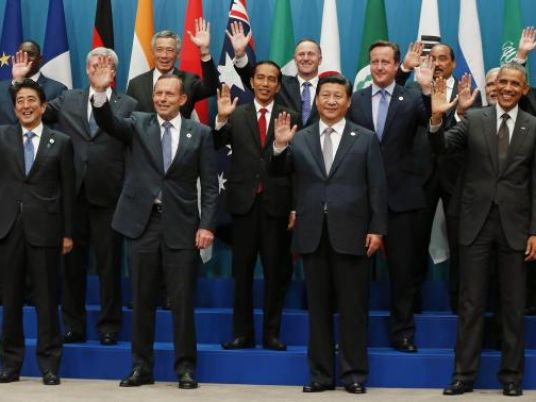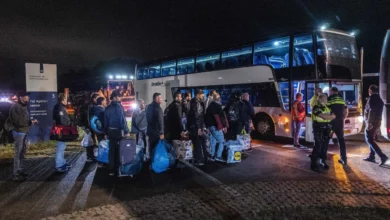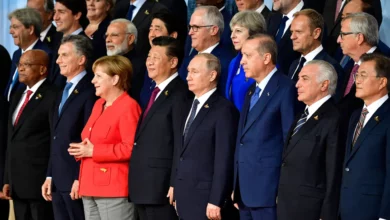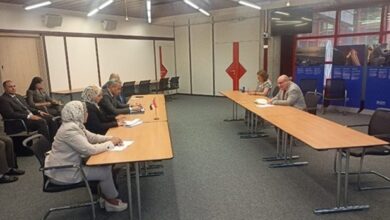
World leaders have been urged to support development programs in Syria’s neighboring countries where the majority of Syrian refugees are hosted.
G20 groups, including the Business 20, Civil Society 20, Labor 20, Think tanks and academia (T20), Women 20 issued a joint statement over concerns about the refugees ahead of the G20 Leaders Summit in Turkey's resort city of Antalya.
They called on G20 leaders to go beyond humanitarian assistance and give medium-to-long term economic support to refugees and the nations that host them.
"The G20 is best placed to provide such support given its composition, geopolitical and economic clout, and focus on economic coordination," Sharan Burrow, general-secretary of the International Trade Union Confederation (ITUC), said in a statement at the G20 Summit in Antalya.
The groups said that G20 leaders should resettle refugees, support international institutions on job creation for them, increase funding for their needs and for social protection programs in host countries and invest in basic social services, including education and health.
Increasing violence in the Middle East, Africa and Afghanistan has driven many refugees to neighboring countries such as Turkey, Lebanon, Jordan, and Pakistan, which are struggling to cope with large migration inflows and require international support.
United Nations refugee agency counts more than four million registered refugees in the camps in Turkey, Lebanon, Jordan, Egypt and Iraq.
Turkey has spent US$8.5 billion dealing with Syrian refugees, around one percent of Turkish Gross Domestic Products (GDP), since 2011; the country also says the European Union and other developing countries have failed to share the burden.
Turkey is hosting leaders of 20 major economies in its southwestern province of Antalya on Sunday and Monday for the 10th summit, which will discuss the world's biggest political and security crises, including Syria and the mass migration of refugees.




